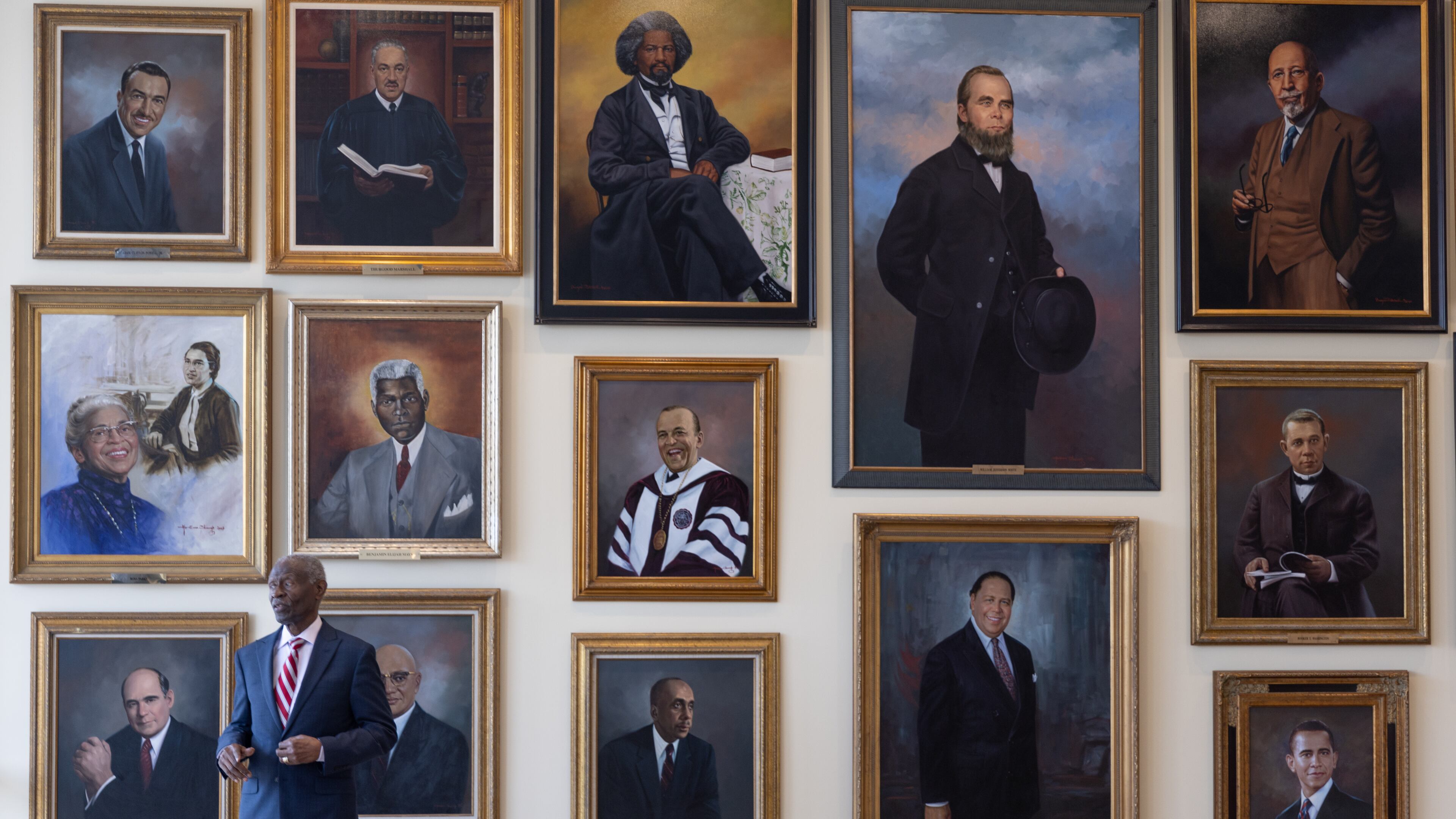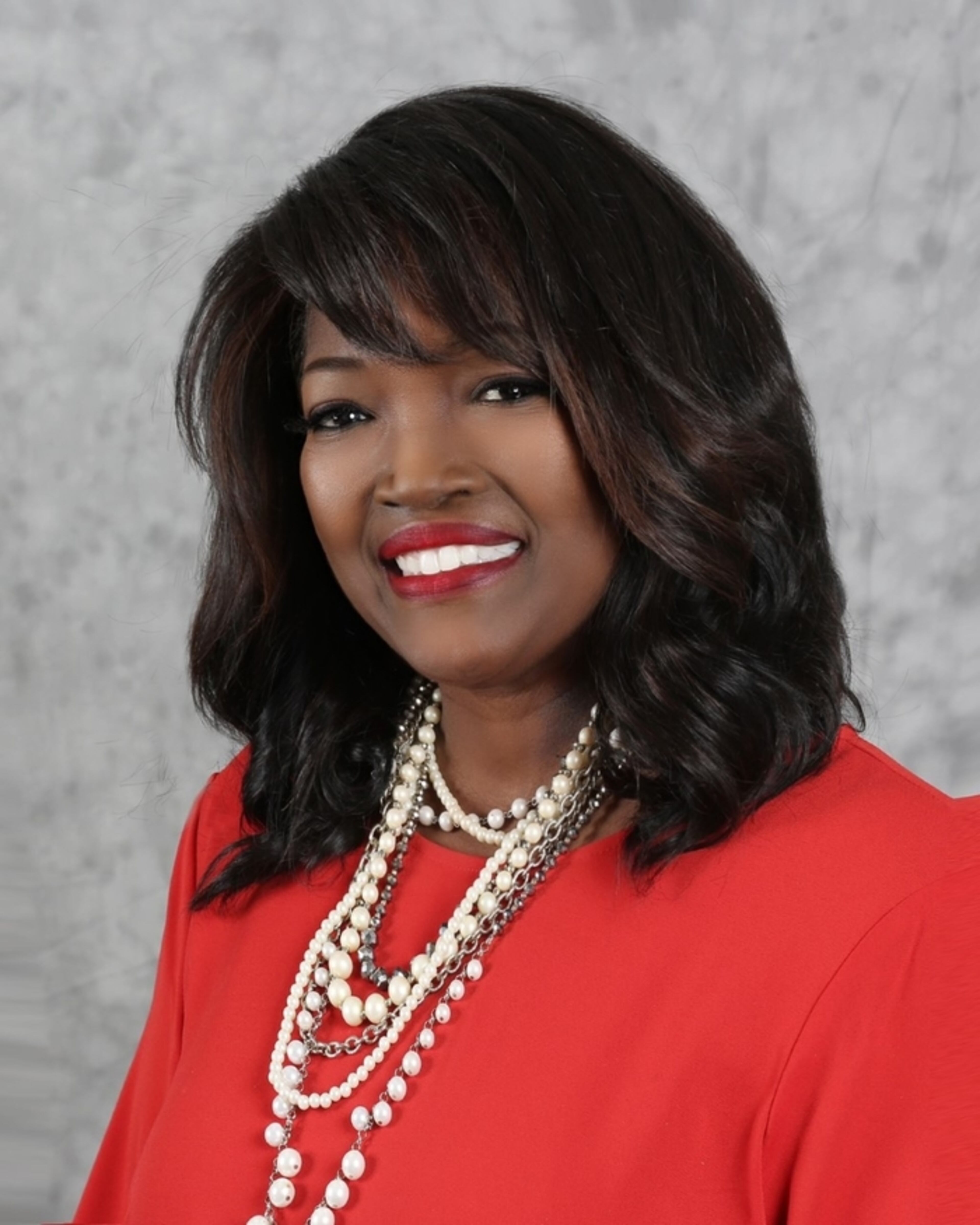Legislature ‘24: Harness HBCU talent, history to improve K-12 schools

Nina L. Gilbert is executive director of the Morehouse Center for Excellence in Education and assistant professor and chair of education.
The Atlanta Journal-Constitution asked education advocates to share their views of policies and programs the 2024 Legislature ought to consider when it starts Monday. In her guest column, Gilbert says lawmakers ought to create and nurture creative partnerships between K-12 schools and higher education, especially Georgia’s historically Black colleges and universities.
Gilbert has served in a variety of teaching and leadership roles in the K-12 sector, and has served as an educator in district, charter, international and independent schools. She founded Georgia’s first single-gender charter school, Ivy Preparatory Academy, in 2008.
By Nina L. Gilbert
As the Georgia General Assembly embarks on shaping its 2024 legislative priorities for public education, a unique and promising opportunity exists to harness the expertise, talent and innovation of Georgia’s historically Black colleges and universities.
Reform initiatives have traditionally isolated other critical facets of the educational ecosystem by targeting singular areas of concern. To cultivate a more comprehensive approach, emphasis should be placed on supporting holistic models that bridge the gap between higher education and K-12. This can be achieved through the integration of teacher preparation programming, practitioner research and early college exposure for secondary-level students.

Legislative efforts in other states show that there is support for such an integrated model. Notably, Virginia recently passed legislation establishing university-sponsored laboratory schools, signaling a commitment to partnerships that can drive innovation and enhance the student learning experience. Both Florida and North Carolina now have publicly funded laboratory schools that offer immersive, hands-on experiences for aspiring educators and foster collaboration between K-12 teachers and college faculty.
Advocates of the laboratory school model often cite the University of Chicago Laboratory Schools as an exemplar. Chicago Lab, founded in 1896 by John Dewey, frequently hailed as the “father of education,” is credited with pioneering the first university-affiliated school, where K-12 and university faculty collaboratively developed progressive teaching methods and experiential learning activities for students.
However, the concept of laboratory schools is not new to HBCUs, though this has often been overlooked by historians. Alabama State University, like Morehouse College, was founded in 1867, just two years after the end of the Civil War. The training of teachers to educate newly freed Black children was embedded in the missions of both institutions.
Founded as a “normal school,” Alabama State University became a teacher’s college in 1874 and established the country’s first HBCU laboratory school in 1920. Though the laboratory school at Alabama State University no longer exists, Southern University, Florida A&M, Howard University and North Carolina A&T have continued the legacy of Alabama State and now have thriving lab schools. These HBCUs maintain a long-standing tradition of integrating academic excellence and practical teaching experiences into their educator preparation programs. As a result of recent legislation in Virginia, two additional HBCUs, Virginia Union and Virginia State universities, will also be incorporating laboratory schools into their educator preparation programs.
While some universities house lab schools on their campuses, others establish partnerships with existing schools to support continuous improvement efforts and to develop a seamless pipeline to college for K-12 students.
HBCUs are well positioned to support K-12 school leaders as they work through problems of practice, as our institutions are accustomed to navigating and overcoming challenges without compromising academic excellence.
For example, during the peak of the COVID-19 pandemic, while many schools struggled with the shift to remote instruction, Morehouse College and Utopian Academy for the Arts, a Clayton County public charter school, formed a partnership to pilot a laboratory/demonstration school model. The lab school team, comprised of the school’s founder, who is an adjunct faculty member and alumnus of Morehouse College, and other faculty, staff and scholar-practitioners, some of whom are graduates of HBCU laboratory schools, has worked together on research, professional development and several student-centered activities. Though still in its infancy, the Morehouse College Lab School at Utopian is enhancing the teaching and learning experience at both institutions.
The historical precedent and recent legislation in other states provide Georgia’s policymakers with compelling examples of how publicly supported university-K-12 partnerships can pave the way for a more inclusive, dynamic and effective educational landscape.
Georgia’s legislators stand at a critical juncture where they can continue to focus on the solutions that only work for some of our children, or champion initiatives that propel the state towards a future where educational excellence is available and accessible to all.

